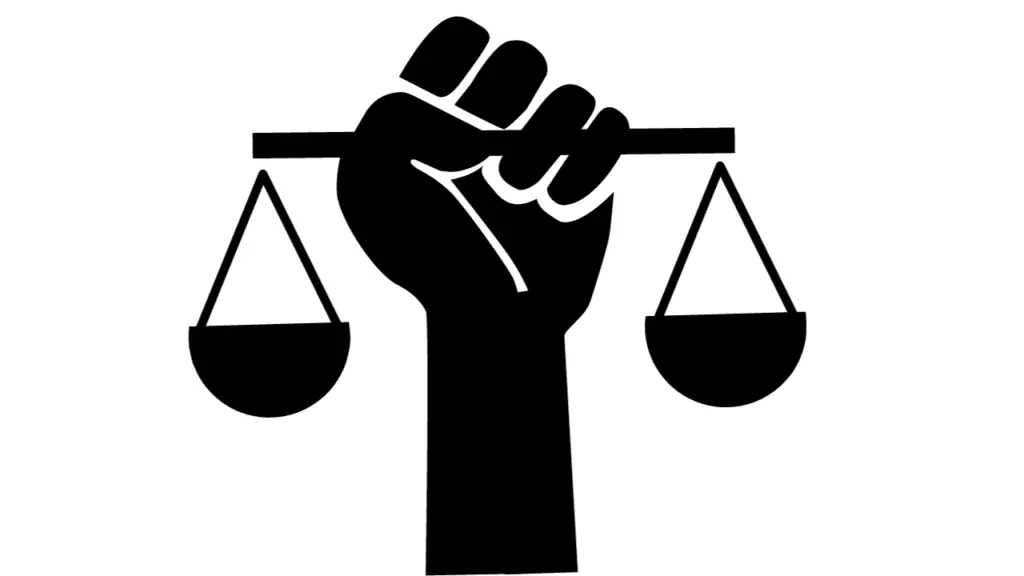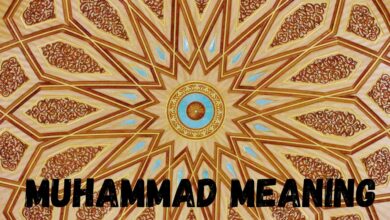Social Justice in Islam – Full Guide 2023
Nurturing Equality and Compassion: Social Justice in Islam

Social Justice in Islam
Social justice in Islam refers to the fair and equitable distribution of wealth, resources, and opportunities among all members of society, regardless of their social, economic, or ethnic backgrounds. It encompasses principles of equality, charity, and fairness.
Introduction
Social justice is a fundamental concept that lies at the heart of Islam. It encompasses the fair and equitable distribution of wealth, resources, and opportunities among all members of society, irrespective of their social, economic, or ethnic backgrounds. This article explores the principles of social justice in Islam, highlighting its significance in shaping a more just and compassionate society.

The Foundation of Social Justice in Islam
- Equality Before Allah: In Islam, all individuals are considered equal in the eyes of Allah, regardless of their social status or wealth. The Quran emphasizes this equality in numerous verses, reinforcing the idea that every person has intrinsic worth and dignity.
- Zakat (Charity): One of the five pillars of Islam, Zakat mandates that those who have the means must give a portion of their wealth to support those in need. This act of charity not only helps alleviate poverty but also ensures a more equitable distribution of resources within the community.
- Sadaqah (Voluntary Charity): Beyond Zakat, Islam encourages believers to give voluntary charity to those in need. This practice fosters a culture of compassion and solidarity, promoting social justice.
- Justice in Governance: Islam places a strong emphasis on justice in governance. Leaders are expected to rule with fairness and impartiality, ensuring that the rights of all citizens are protected. The Quran explicitly states, “O you who have believed, be persistently standing firm in justice, witnesses for Allah, even if it be against yourselves or parents and relatives” (Quran 4:135).
- The Right to Education: Islam promotes the idea that education is a universal right. It is the duty of society to ensure that everyone, regardless of their background, has access to knowledge and the opportunity to better themselves.
- Protection of Vulnerable Groups: The Quran highlights the importance of protecting the rights of orphans, widows, and the marginalized in society. Islam commands believers to care for these vulnerable groups and ensure their welfare.
What is social justice in Islam?
Social justice in Islam refers to the fair and equitable distribution of wealth, resources, and opportunities among all members of society, regardless of their social, economic, or ethnic backgrounds. It encompasses principles of equality, charity, and fairness.
What role does equality play in social justice in Islam?
Equality is a fundamental concept in Islam. It means that all individuals are equal in the eyes of Allah, and no one is inherently superior based on their social or economic status. This equality forms the basis for social justice.
What is Zakat, and how does it relate to social justice?
Zakat is one of the five pillars of Islam, which mandates giving a portion of one’s wealth to support those in need. It is a key aspect of social justice, as it ensures the redistribution of wealth and helps alleviate poverty within the Muslim community.
Are there other forms of charity in Islam besides Zakat?
Yes, in addition to Zakat, Islam encourages believers to give Sadaqah, which is voluntary charity. Sadaqah promotes a culture of compassion and solidarity and further contributes to social justice efforts.
How does Islam address justice in governance?
Islam emphasizes justice in governance, and leaders are expected to rule with fairness and impartiality. The Quran explicitly commands believers to stand firm in justice, even if it is against themselves or their close relatives (Quran 4:135).
Challenges to Achieving Social Justice
While the principles of social justice are deeply ingrained in Islam, there are challenges in achieving them in practice. These challenges include economic disparities, corruption, and political instability. However, many Muslim-majority countries and communities are actively working to address these issues and promote social justice.
- Is Weed Haram in Islam? Understanding the Islamic Perspective 2023
- Haram Things In Islam
- Muslim Shower
The Role of Islamic Organizations
Islamic organizations, both at the local and global levels, play a crucial role in promoting social justice. They often engage in charitable activities, provide educational opportunities, and advocate for policies that uphold justice and fairness. These organizations are instrumental in mobilizing resources to support those in need and promote social equality.
Conclusion
Social justice is not a mere concept in Islam; it is a way of life. The teachings of the Quran and the traditions of the Prophet Muhammad emphasize the importance of justice, equity, and compassion in all aspects of society. By adhering to these principles, Muslims can contribute to the creation of a more just and equitable world where the rights and dignity of all individuals are respected, regardless of their social or economic status.
What is the Islamic perspective on education as a means of achieving social justice?
Islam views education as a universal right and encourages all individuals, regardless of their background, to seek knowledge. Ensuring access to education for all promotes social justice by providing opportunities for personal growth and development.
How does Islam protect vulnerable groups in society?
Islam highlights the importance of protecting the rights of orphans, widows, and the marginalized in society. It places a special emphasis on caring for these vulnerable groups and ensuring their welfare.
What are some challenges to achieving social justice in Muslim-majority countries?
Challenges to achieving social justice in Muslim-majority countries include economic disparities, corruption, political instability, and inadequate access to education and healthcare. These challenges require ongoing efforts to address and overcome.
What role do Islamic organizations play in promoting social justice?
Islamic organizations often engage in charitable activities, provide educational opportunities, and advocate for policies that uphold justice and fairness. They mobilize resources to support those in need and promote social equality within their communities and beyond.
Why is social justice important in Islam?
Social justice is essential in Islam because it aligns with the teachings of the Quran and the traditions of the Prophet Muhammad. It reflects the core values of compassion, equity, and fairness that are central to the faith and helps create a just and equitable society.





